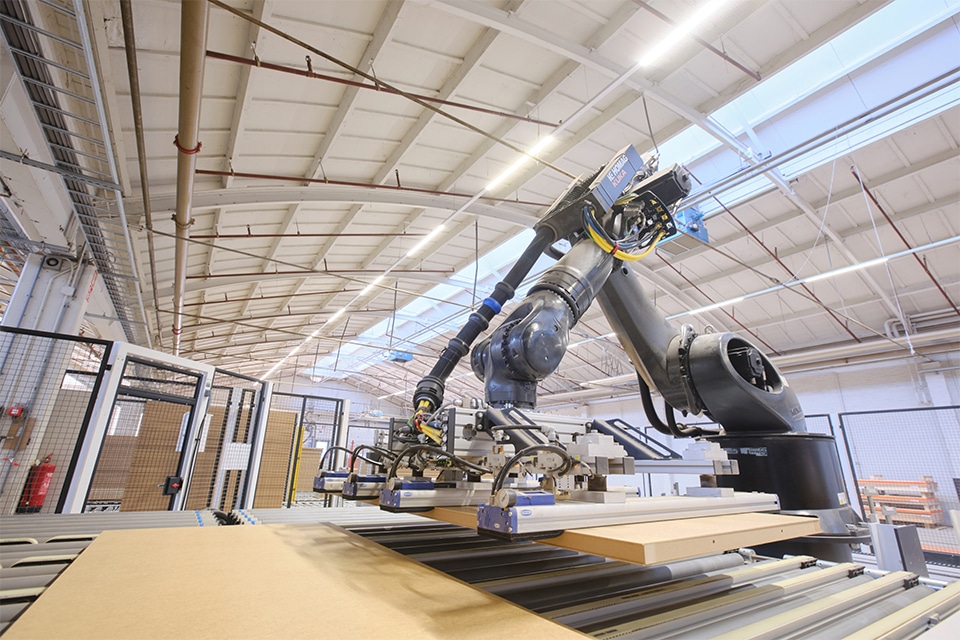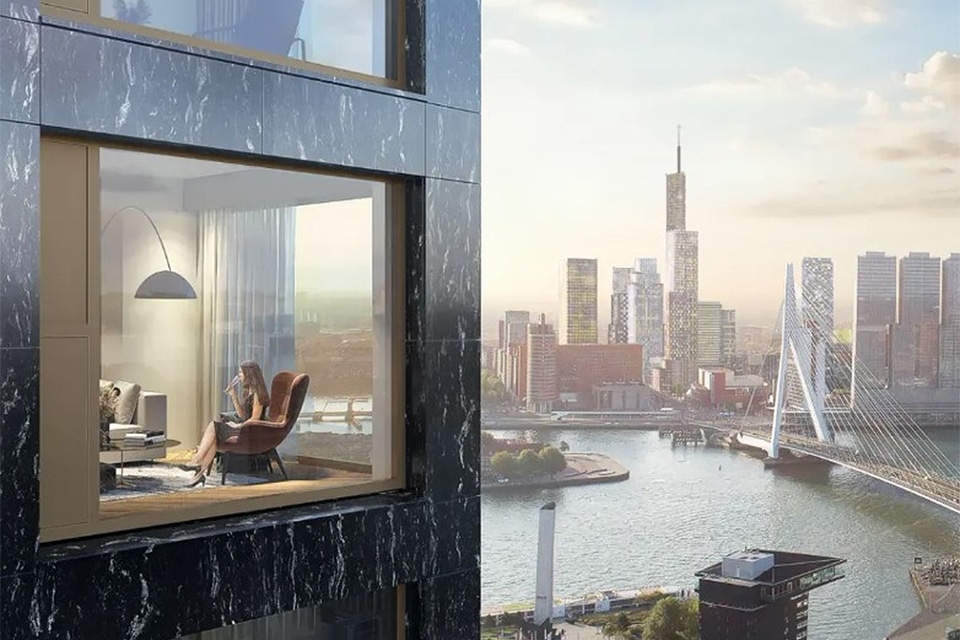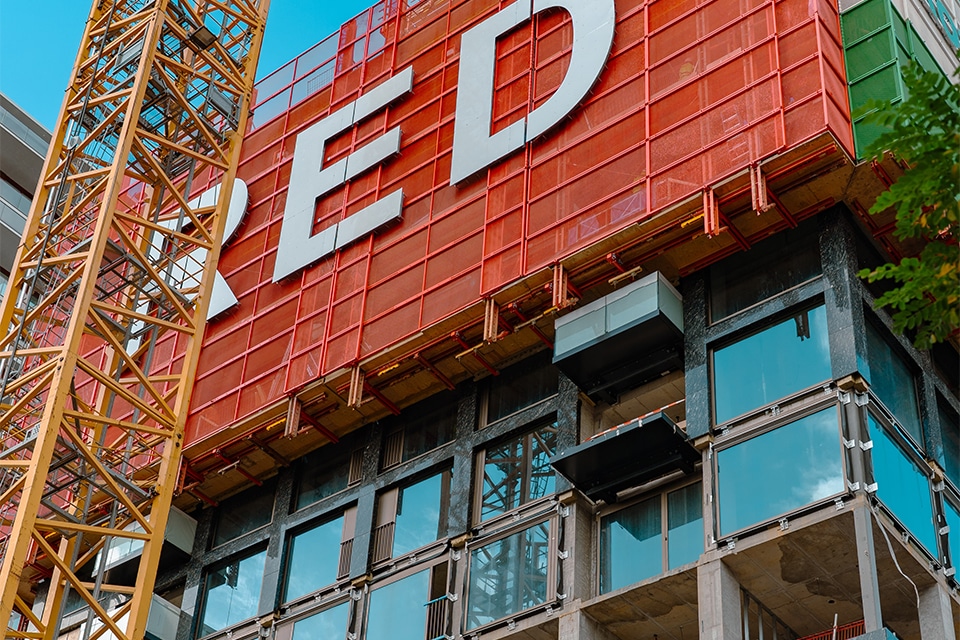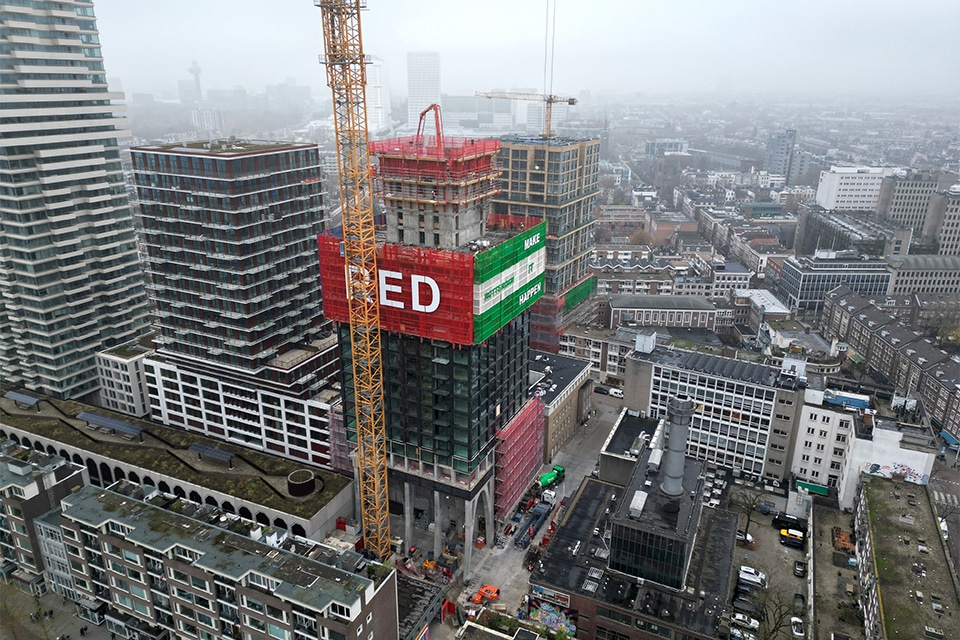
'Preventing attention to safety features in elevators from waning'
Taking the elevator to your apartment on the tenth floor. Taking the escalator at the mall. We hardly think about it, so natural are these vertical means of transportation in our daily lives. So is their safety. Aboma makes an important contribution to this. As Conformity Assessment Body, or CBI for short, Aboma performs independent inspections and checks of elevators.
"Precisely because the elevators in the Netherlands are so safe, the need for elevator inspections is not always apparent," says Manager Liften Bert Huisman of Aboma. "Hardly any accidents happen. Yet it is crucial to inspect elevators. This prevents attention to safety features from slackening and accidents do happen." Inspection of elevators is mandatory and is performed by CBIs. These assessment bodies are designated by the Ministry of SZW and accredited by the RvA.
Checking safety devices
When asked which elevators Aboma inspects, Huisman replied, "We inspect all building-related lifting equipment for persons and goods. This includes passenger elevators in apartment buildings and hotels, but also escalators, ship elevators, elevators in wind turbines and elevators in civil engineering structures. We check whether the safety features of these elevators comply with the applicable laws and regulations. Think of a fall device for when the elevator goes down too fast, emergency lighting and an alarm system in case of failure or automatic door locking when the elevator is not at the floor." Aboma performs elevator inspections in the trade phase, i.e. when elevators first go into service, and periodic inspections in the use phase. Even when an existing elevator is modified, it must be inspected.

Practical experience
"When inspecting, it is important that inspectors know what kind of products they are working with," continued Huisman. "Our inspectors have all been elevator engineers. They know what they are inspecting and rejecting, and can also justify this. That practical experience is very important. Moreover, each inspector has a specialty, such as wind turbines, escalators, elevators in buildings or facade maintenance installations. An elevator technician is also always present at every inspection to operate the elevator."
New legislation and techniques
The world of elevators is constantly changing. Legislation changes every few years. Technical developments go even faster. Huisman: "This results in an enormous variety of elevators and elevator technologies, each requiring a different method of inspection. This involves the practical experience of our inspectors, but also the specialty of the elevator technician and his increasingly advanced tools. That combination is crucial to keeping the quality of our elevator inspections high and thus continuing to ensure the obvious safety of elevators."




